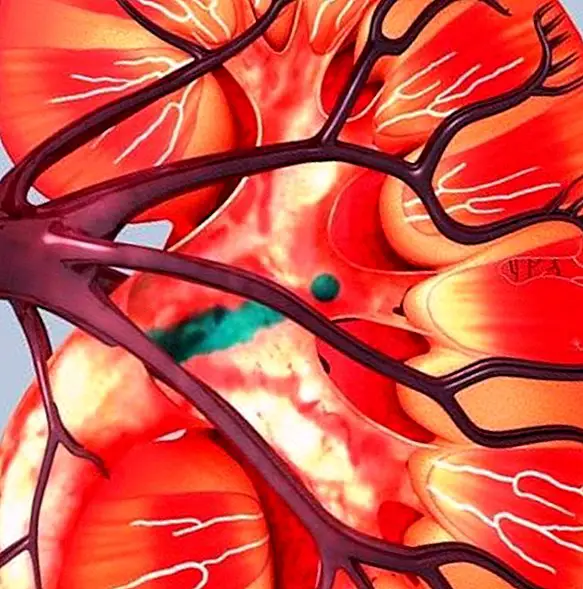Serine: non-essential amino acid
 The amino acids they are chemical units similar to building blocks, which form proteins.
The amino acids they are chemical units similar to building blocks, which form proteins.
This means that the protein substances that are built thanks to the amino acids form the organs, tendons, muscles ... and other parts of the body.
Depending on whether amino acids can be synthesized by our body or not, they are called essential amino acids and non-essential amino acids.
The essential amino acids must be contributed to our body through the diet that is consumed daily, since our body is not able to synthesize them by itself, while the second ones - the non-essential amino acids - can synthesize or manufacture them.
The serine is an essential non-essential amino acid for our body, being necessary for the metabolism of fats and fatty acids, and for the functioning of DNA and RNA.
What is serine?
Serine is a non-essential amino acid, which means that our body is able to synthesize it by itself.
It is essential, because from the serine can be made the synthesis of other amino acids, such as tryptophan, glycine and cysteine.
Functions of serine
- Thanks to serine, the synthesis of other amino acids can be carried out.
- It is part of the myelin sheaths that protect the nerve fibers.
- Important for the functioning of DNA and RNA.
- It helps in the growth of muscles.
- Useful in the formation of cells.
- It helps the formation of antibodies and in the production of immunoglobulins.
- Necessary for the correct metabolism of fatty acids and fats.
- It helps maintain a good immune system.
Benefits of serine for health
As we have briefly indicated in the previous section, dedicated to the different Serine functions, we are faced with a fundamental amino acid for our body, as it participates in the synthesis of other amino acids.
In addition, it is important for the functioning of RNA and DNA, helps in the growth of muscles, the formation of cells and antibodies, in the production of immunoglobulins and in the maintenance of a good immune system.
Our body also needs serine to enjoy a correct metabolism of fats and fatty acids.
Where to find serine?
Here we indicate which are the foods richest in serine:
- Food of animal origin: meat, fish, dairy and eggs.
- Foods of vegetable origin: vegetables, legumes and whole grains.
Image | TinyTall This article is published for informational purposes only. You can not and should not replace the consultation with a Nutritionist. We advise you to consult your trusted Nutritionist. ThemesAmino acids


